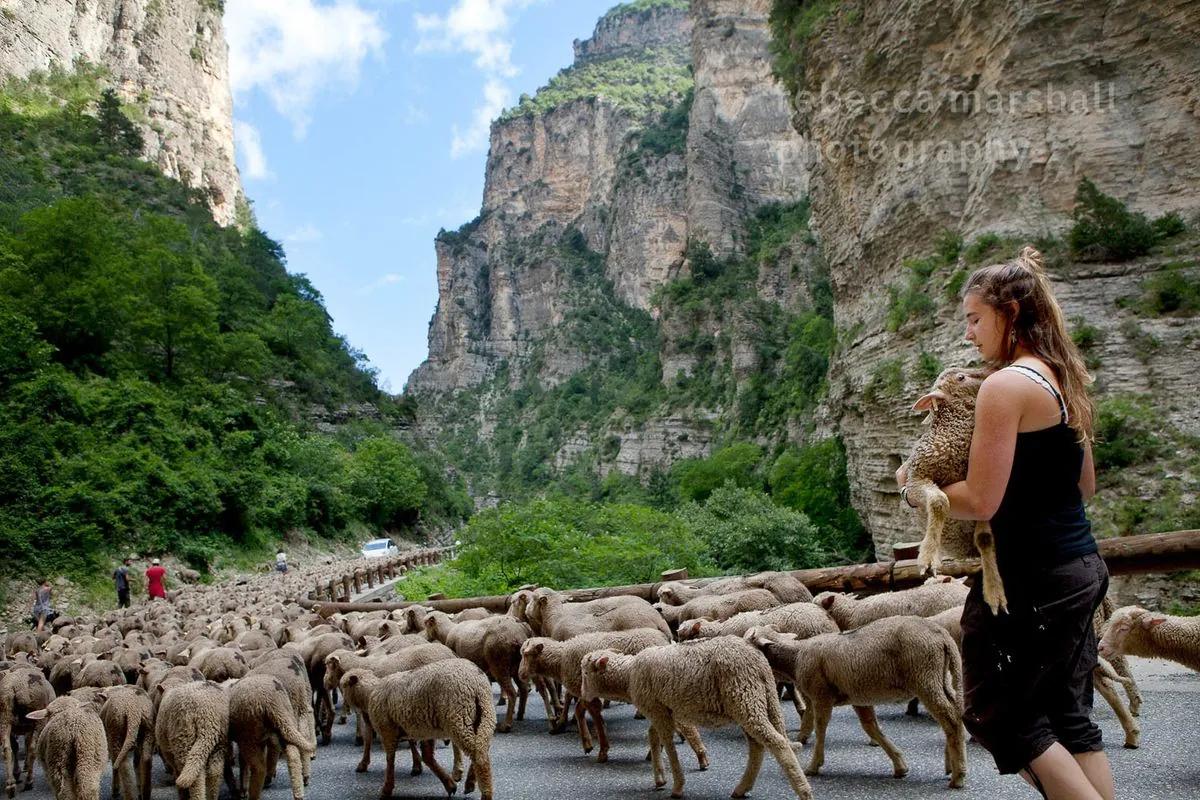In a significant move to support its agricultural sector, the French government has announced a substantial aid package for sheep farms grappling with a new variant of the bluetongue virus. Prime Minister Michel Barnier revealed a €75 million ($83 million) allocation to assist affected farms, demonstrating the government's commitment to the farming community despite ongoing budget challenges.
The bluetongue virus, a non-contagious disease transmitted by Culicoides biting midges, has been causing concern among French livestock farmers. First discovered in South Africa in the late 19th century, the virus can lead to significant economic losses in affected livestock industries. France, being the European Union's largest agricultural producer and third-largest sheep producer with over 11 million sheep, is taking proactive measures to mitigate the impact of this outbreak.
In addition to the financial aid, the government has extended its free vaccination program to cover sheep flocks across the entire country. Vaccination has proven to be an effective method for controlling bluetongue disease, which fortunately does not affect humans but can be deadly for sheep, cattle, and goats.
Barnier, speaking at a livestock fair in central France, also announced the implementation of state-guaranteed loans to provide short-term relief for the most severely affected farms. This move aligns with common forms of government support for agriculture in times of crisis.
The Prime Minister acknowledged the budget constraints facing his administration, which aims to find €40 billion in savings. This situation highlights the delicate balance between supporting the agricultural sector and managing national finances, especially considering that France's agricultural sector employs around 3% of the country's workforce.
In response to recent heavy rainfall and farmer discontent with environmental regulations, Barnier announced an extension of the seasonal cut-off date for spreading livestock manure on farmland. The deadline has been moved from October 1 to November 15, 2024, providing farmers with additional flexibility. This decision reflects the ongoing challenges in balancing agricultural practices with environmental concerns, particularly efforts to reduce water pollution from agriculture.
The government's support comes at a crucial time for French farmers, who have faced multiple challenges in recent months. Poor harvests and plans by dairy giant Lactalis, the world's largest dairy company founded in France in 1933, to reduce milk purchases have contributed to growing discontent in the farming community. These issues, combined with the bluetongue outbreak, have reignited tensions that led to large-scale farmer protests earlier in 2024.
Looking ahead, Barnier announced that the government would relaunch parliamentary debate on a farming bill in January 2025. This legislation, initially drafted in response to the protests earlier in the year, was delayed due to the snap election that resulted in Barnier's minority government. The upcoming debate will likely address various challenges facing French agriculture, including global competition, environmental regulations, and the impact of climate change on vector-borne diseases like bluetongue.
As France navigates these complex agricultural issues, the government's actions reflect the importance of the farming sector to the nation's economy and identity. The support measures announced by Prime Minister Barnier demonstrate a commitment to addressing immediate concerns while working within budgetary constraints, setting the stage for continued dialogue and policy development in the coming months.
"We are bound by a budget squeeze as we aim to find 40 billion euros in savings, but supporting our farmers in times of crisis remains a priority for this government."
